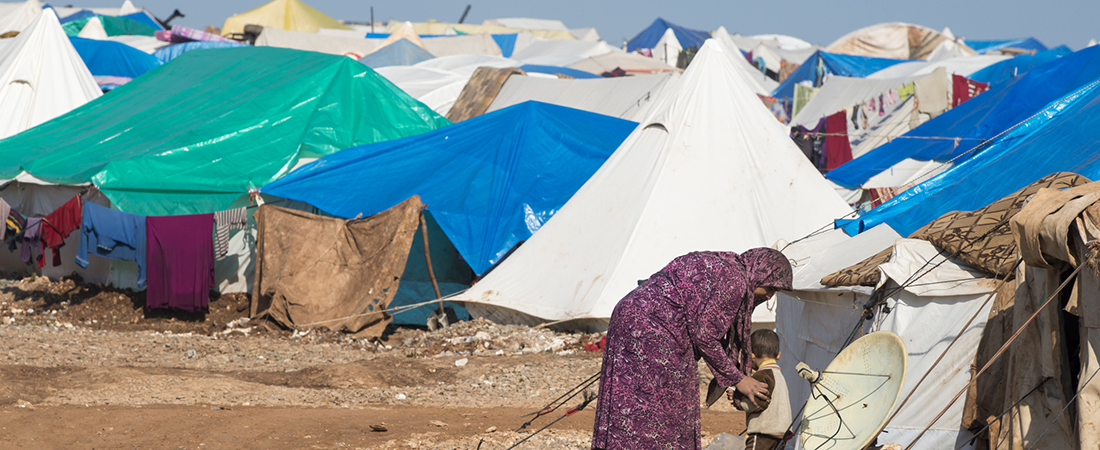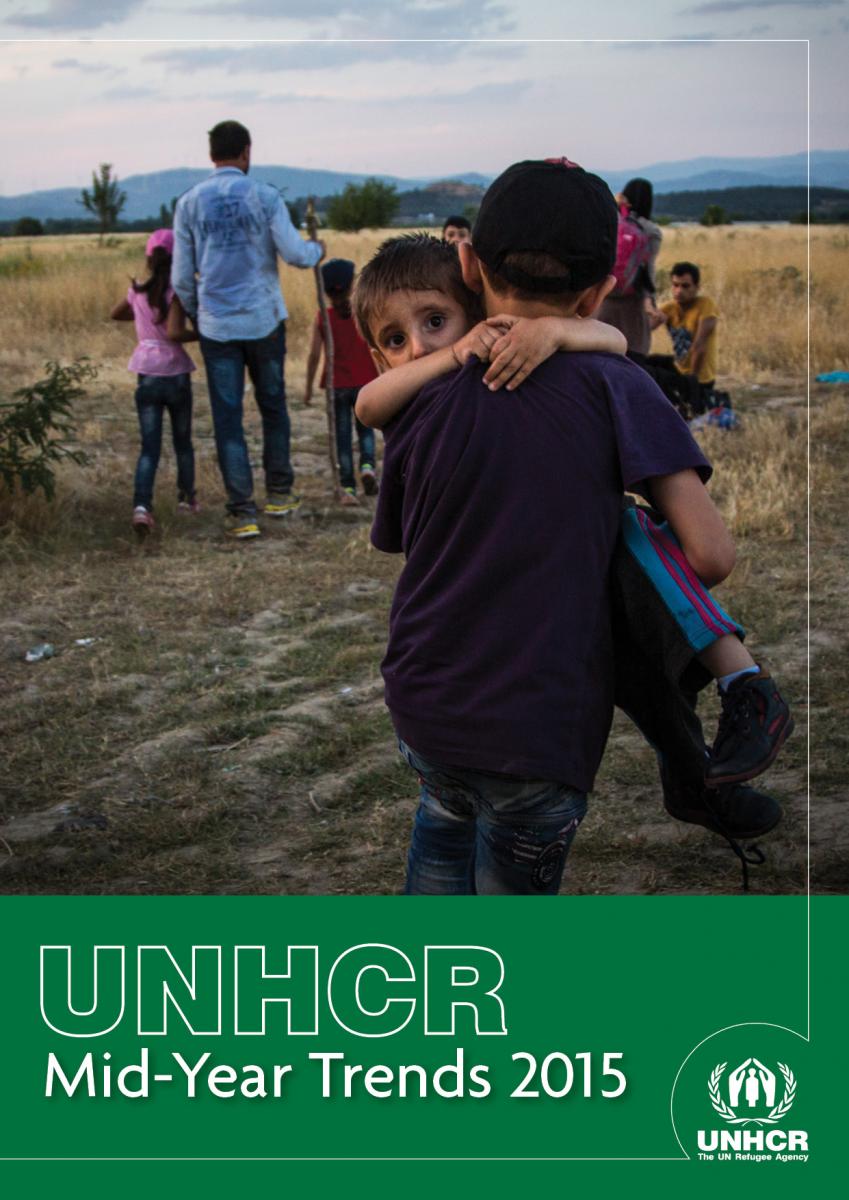You are here
Tue, 2009-02-24 10:58 — admin
The mission of the Transitional Societies Working Group is to identify, analyze, and engage societies and communities that could fall into crisis or progress based upon the insertion of financial, social, human, and intellectual capital. In general, these states are the most vulnerable to drops in health status, social crisis, conflict, and war. The insertion of military power into these states can sometimes maintain a security window. However, soft power approaches that focus on attaining health, resilience, and sustainability are the only mechanisms capable of moving these societies back from the brink of social crisis in any lasting way.
Group:
Group description:
The Transitional Societies Working Group focuses on societies that could fall into crisis or progress based upon enlightened engagement.
Group visibility:
Public - accessible to all site users
Add Content to this group
Members
| admin | Albert Gomez | bevcorwin | futurian7 | jranck |











Recent Comments